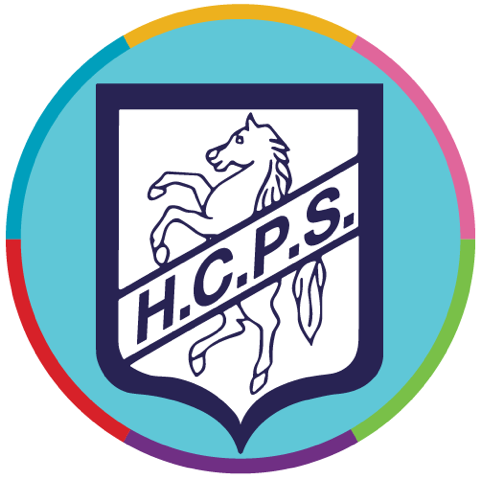Music Curriculum Vision
Intent
Our Music Curriculum embodies our values of:
Personal Excellence by ensuring the children make progress in the musical knowledge and skills to perform, compose, evaluate and begin to transcribe their own ideas, in order to gain a firm understanding of what music is.
Respect and Friendship by ensuring children have an unbiased respect for the role that music may wish to be expressed in any person’s life.
Inspiration by engaging and inspiring the children to develop a curiosity for music as well as an understanding and acceptance of the validity and importance of all styles of music
Determination and Courage by challenging children to develop their musical skills, to compose and perform with growing confidence and to understand and explore how music is created, produced and communicated.
Equality by being committed to ensuring children understand the value and importance of music in the wider community and are able to use their musical skills and knowledge to involve themselves in music in a variety of different contexts.
We incorporate, wherever possible, the work within the International Primary Curriculum topics making links with other curriculum areas, looking at world music and historical as well as traditional pieces.
Implementation
At Halstead Community Primary School children will develop knowledge and skills in music through being taught:
· to sing, listen, play, perform and evaluate. This is embedded in the classroom activities as well as the singing assemblies, various concerts and performances throughout the year and the learning of a variety of instruments.
· the elements of music, so that they are able to use some of the language of music, to dissect it and to understand how it is made, played, appreciated and analysed.
· to play an instrument from different groups, including wind, string and percussion. In doing so they understand the different principle of each method.
· how to compose, focussing on different dimensions of music, which in turn feeds their understanding when listening, playing or analysing music.
· to compose or perform using body percussion and vocal sounds, which develops the understanding of musical elements without the added complexity of an instrument.
Key skills and knowledge for Music have been mapped across the school to ensure progression across the key stages in two year cycles. Some lessons are taught as part of the topic units of work supplemented with lessons from the Charanga Primary Music Curriculum schemes of work. The children also focus on learning to play an instrument:
· Reception – drums
· Key stage 1 – ocarina
· Lower key stage 2 – recorder
· Upper key stage 2 – ukulele
Impact
Through our Music curriculum, the children will:
· have discovered areas of strength as well as areas they might like to improve upon, with opportunities for improved well- being and confidence being increased
· developed an understanding of culture and history, both in relation to children individually, as well as ethnicities from across the world
· have heightened awareness of musical opportunities and be able to enjoy music in as many ways as they choose, either as a listener, creator or performer
· be able to dissect music and comprehend its parts and have an understanding of how to further develop skills less known to them, should they develop a deeper interest, in their lives.

